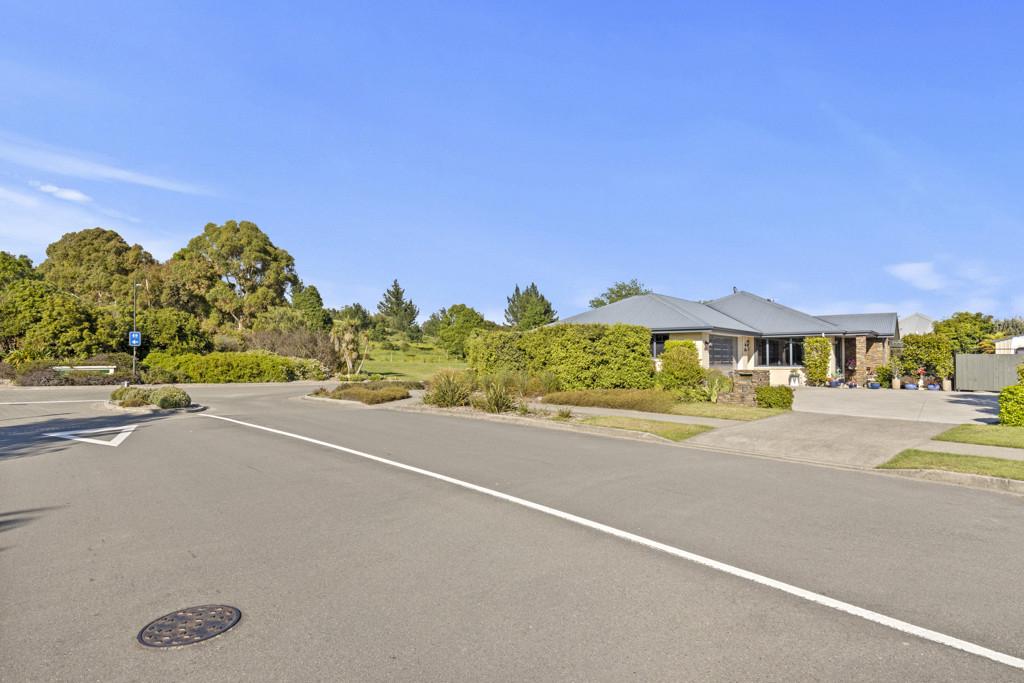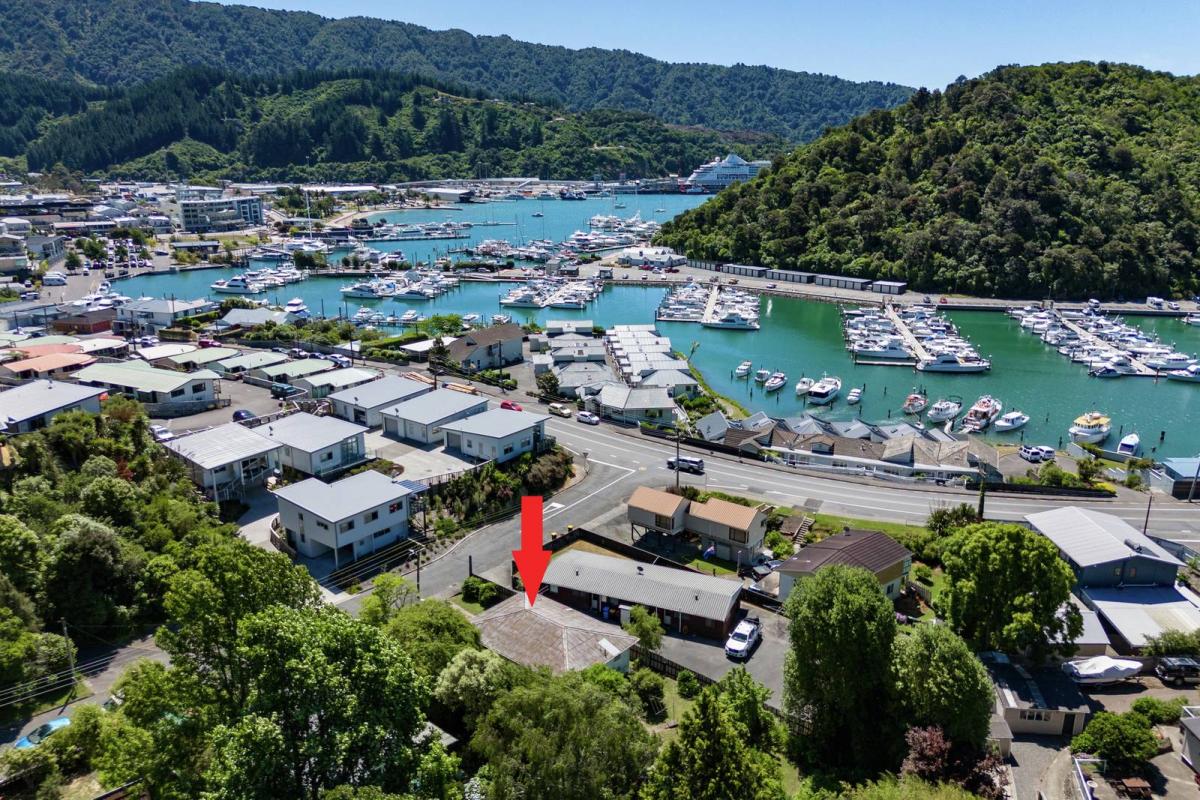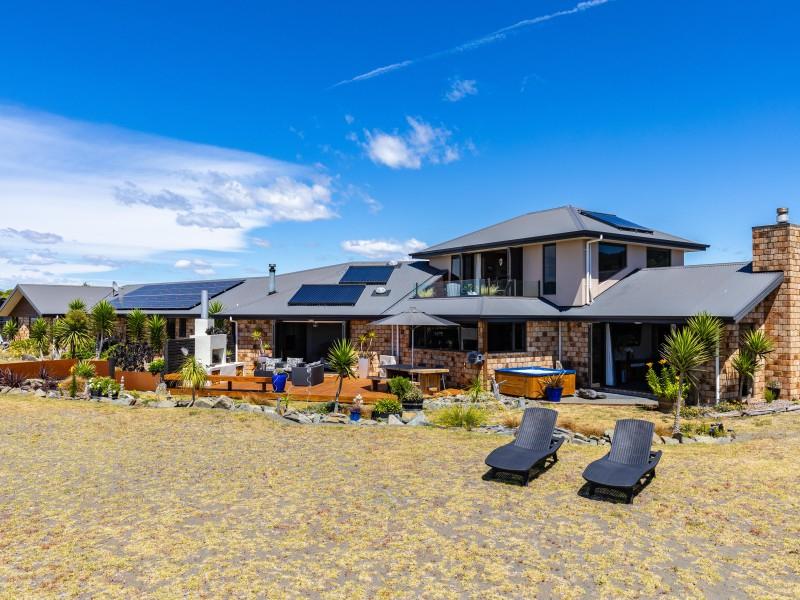Three Waters reform
Here is another interesting article about the government's planned reform:
Graham Adams is a journalist, columnist and reviewer who has written for many of the country’s media outlets including Metro, North & South, Noted, The Spinoff and Newsroom:- has written as follows-
The Three Waters reform being pushed by Minister Nanaia Mahuta is fast becoming a make-or-break issue for the government. The eight-week “engagement” period that ended on September 30 saw a swathe of councils across the nation objecting — sometimes angrily — to the proposed changes to the management of drinking water, storm water and wastewater.
Mahuta’s plan is for the 67 councils’ water services to be merged into four giant regional authorities that ratepayers will not directly own or control. As National’s Chris Luxon says, councils are rightly worried about “not having direct influence and no shareholding or formal stake in the new entity whatsoever”.
The roll call of disaffected councils includes those overseeing our two biggest cities. Between them, Auckland and Christchurch represent nearly two million inhabitants — or roughly 40 per cent of New Zealand’s population.
Furthermore, their mayors — Phil Goff and Lianne Dalziel — are former high-ranking Labour ministers, which makes dismissing their opposition difficult.
The rhetoric from Christchurch councillors, in particular, has been incendiary. One, James Gough, said the proposal showed disregard for democracy, and was nothing short of “blatant asset theft”. He warned: “If you progress with this you do so at your peril… If this proposal is progressed in its current form, the government will have a revolution on its hands.”
On Sunday, five Christchurch councillors called for Mahuta to resign over her “blatant disregard” for local government.
Among smaller councils, Timaru District councillors voted unanimously last week against the proposal after a community survey showed 96 per cent were opposed to the reforms.
The council also withdrew from Local Government New Zealand, making it the only council — so far — to secede from the group, which bills itself as representing “the national interests of councils in New Zealand”.
One councillor said LGNZ had become “mouthpieces for the Department of Internal Affairs” on the water reforms.
A former chairman of Air New Zealand and Solid Energy, John Palmer, also blasted LGNZ in an oral submission to Tasman District Council, saying it had been “used as a pawn by the Crown to progress a proposal that [offers] one form of resolution and one form only” for the nation’s water problems.
Tasman District Council has told the government it “would likely not support the reform programme at this stage”.
Councils have also complained of information gaps, and some have claimed they received false or misleading information.
Despite the overwhelming opposition, Local Government minister Nanaia Mahuta remains obdurate. She has made it clear some tweaking is possible but any “refinements to the proposals” must be made “within the government’s bottom lines of good governance, partnership with mana whenua, public ownership and operational and financial autonomy.”
Opposition parties must be quietly gleeful at the spectacle unfolding before their eyes as reluctant councils and the openly rebellious make their case. They don’t really have to do anything much except stand back and watch the fireworks erupt — from the top of the North Island (the Far North District Council has voted to provisionally opt out of the programme) to the bottom of the South (Invercargill City Council says it won’t voluntarily hand over its water assets).
In fact, hanging back looks like a wise tactic for the Opposition. As Napoleon advised: “Never interrupt the enemy when it is making a mistake.”
As far as political mistakes go, Three Waters is in a class of its own. It has been mishandled from the get-go, with the government’s failure to read the room being nothing short of spectacular.
A $3.5 million PR campaign to win over voters that featured childish print and television ads showing green sludge coming out of taps had to be retired early after councils furiously objected to what they saw as a slur on their competence.
It was slammed by mayors as “propaganda”, “condescending”, “a slap in the face” and “ill-timed, ill-informed and ill-mannered”.
The ad campaign generated such fierce blowback the Department of Internal Affairs even felt moved to offer a personal apology to Local Government NZ.
In July, realising the government had a major problem on its hands, the Prime Minister offered a $2.5 billion sweetener to be shared among councils to ease the transition — and this came just a month after she told journalists there was a “majority in support of the reform”, which she found “so heartening”.
The sweetener went down like a cup of cold sick too, given the valuable assets the government wants to take from councils would be paid for with cents in the dollar. It was roundly condemned as a bribe — and a cheap one at that.
Since then, Ardern has been largely absent from the debate, presumably not being keen to risk her credibility and popularity by defending such a widely disliked — if not actually despised — policy.
It has largely fallen to Nanaia Mahuta to put the case for such a major upheaval. And you’d have to say the Minister for Local Government is not a natural salesperson.
Faced with questions about Three Waters, her answers appear to have been learned by rote. Indeed, she appears to have been trained to repeat phrases such as “the case for change is compelling” and “the status quo will not work” with all the spontaneity of a trained seal clapping its flippers in return for a fish thrown into its gullet.
Unfortunately for the government, the opposition to its proposal is likely to get a lot fiercer as more voters discover that a central plank of the reforms involves giving 50 per cent control of councils’ existing assets to iwi.
So far, few councils have highlighted or spelt out in detail that aspect of the reform plan in their objections. And Ardern is in no hurry to do that either. When she was interviewed on The Country last week in a rare outing on the topic, Jamie Mackay asked several times about the role for iwi in the new setup. He didn’t get far.
Frustrated by the Prime Minister’s evasive replies, the host cut across her spiel: “Sorry, but aren’t we talking about 50 per cent iwi governance here? Isn’t that out of proportion?.
Ardern’s response was an entirely unconvincing attempt to minimise iwi involvement that reduced their function to one of having “some say”.
“[They will be] a partnership group. They’ll sit alongside councils and have some say, for instance, over the appointment process for those who are running the water infrastructure on the ground. So having some say on how they’re run and so on…”
Mackay’s follow-up suggestion that “Fifty per cent seems to be rather a large say in proceedings, though” only resulted in more Prime Ministerial guff about “ensuring we have the best people running our water infrastructure, locally, day in and day out”.
After the interview, Mackay voiced his dissatisfaction. “She didn’t really answer my questions around the iwi governance issue. [Perhaps] this is just me… a simple old former sheep farmer… but, if we’re thinking pipes under the ground [and] water infrastructure, surely it belongs to everyone… the team of five million.”
The National Party has also been coy. Even Judith Collins’ announcement that she would reverse the legislation if she led the next government made no mention of just how powerful iwi would be under Mahuta’s plans.
Act’s David Seymour, however, has not shied away from the issue. He told Newstalk ZB:
“I think the elephant in the room is that there seems to be another agenda going on, which I call the Partnership Project, where the govt is determined to remake New Zealand from a nation state of citizens with equal rights from birth into a partnership, or ethno-state, where there are tangata tiriti, who are here as settlers, and tangata whenua, who are here by right.
“And I just challenge people who want to go down that path — give me one example of a country that has divided its citizens by birthright and things have ended up well.”
Smelling blood in the water, Winston Peters has plunged in too. On October 1, the day after the consultation period finished, he tweeted:
“The ‘Three Waters’ asset grab is pure racism and must be stopped. All ratepayers own these assets — not some race-based unelected group with hidden agendas.”
The question of the ownership of water assets under the proposed model is highly contentious — along with the possibility of iwi charging royalties for the right to use water.
In his analysis of the Three Waters proposal, Auckland Queen’s Counsel Gary Judd wrote:
“Councils now own drinking water, wastewater and stormwater assets, directly or indirectly. That will change. Only iwi/Maori will have ownership rights. Directly in some respects, indirectly in others. Local authorities will have none.
“Legal scholars argue about what is meant by ownership, but it is certain that if one has no rights in relation to a thing — e.g., no right to use it, to enjoy it, to gain a return from it, to dispose of it, to destroy it, to control it or to control its use — one does not own the thing…
“The Three Waters proposal has been deliberately designed to give iwi/Maori the predominating governance influence.
“In addition… it was agreed that the water services entity would fund and support capability and capacity of mana whenua within an entity’s boundary to participate in relation to Three Waters service delivery. Bear in mind that getting a return from an asset is a right attributable to an owner. Therefore, the proposal would confer on iwi/Maori, but no one else, a direct attribute of ownership.”
Maori Party co-leader Rawiri Waititi has made it clear what he expects from the Three Waters programme, warning that if “Maori proprietary rights to water” are not recognised “it’s going to end terribly and this could actually be the foreshore and seabed issue for this government.”
It can’t be long before the spectre of He Puapua arises from its induced coma to haunt the government again. After ministers repeatedly reassured the public the revolutionary document is not official government policy, it looks suspiciously like its recommendations are, once again, being implemented by stealth — as critics alleged earlier this year before they were shouted down as racists.
He Puapua states clearly that increased Maori rangatiratanga will require financing and “there are multiple streams from which financial contributions might be sourced, including, for example, levies on resource use where Maori have a strong claim to ownership, such as water.”
Tellingly, Mahuta has still not ruled out the introduction of water royalties under her new regime.
She will now consider the feedback before going back to Cabinet with advice on how to proceed. However, suspicions that the programme is already a fait accompli are widespread. Reflecting that disquiet, Jamie Mackay asked the Prime Minister whether the programme was “a done deal… because I note the jobs [for Three Waters] are already being advertised.”
Ardern brushed off the question with “The councils are responsible for their own employment and matters in that regard” before moving swiftly onto the 2016 Havelock North drinking water inquiry, which, she claimed, had made the whole mammoth rejig necessary.
Unfortunately, the Prime Minister’s answer sounded very much like a tacit admission that Three Waters is, indeed, a “done deal”.
If it is, the government will need to brace itself for a fiery summer of discontent as markedly more vociferous resistance erupts among angry councils and voters throughout the country.
Out with the Old, In with the Confusing!
I have hands but can’t clap.
What am I?
Do you think you know the answer to our daily riddle? Don't spoil it for your neighbours! Simply 'Like' this post and we'll post the answer in the comments below at 2pm.
Want to stop seeing riddles in your newsfeed?
Head here and hover on the Following button on the top right of the page (and it will show Unfollow) and then click it. If it is giving you the option to Follow, then you've successfully unfollowed the Riddles page.

Share your summer photos! 📷
Taken some beautiful snaps lately? Whether it's rainbows, sunsets or a beautiful summer's day, we'd love you to share the joy with us.
Share a photo in the comments below

We're talking new year resolutions...
Tidying the house before going to bed each night, meditating upon waking or taking the stairs at work.
What’s something quick, or easy, that you started doing that made a major positive change in your life?

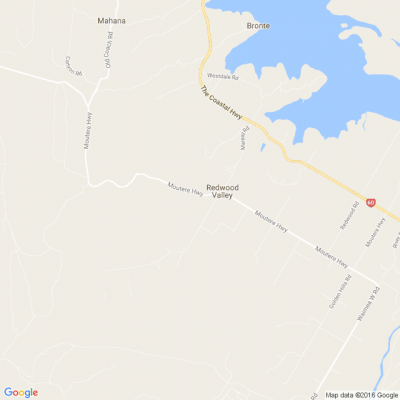
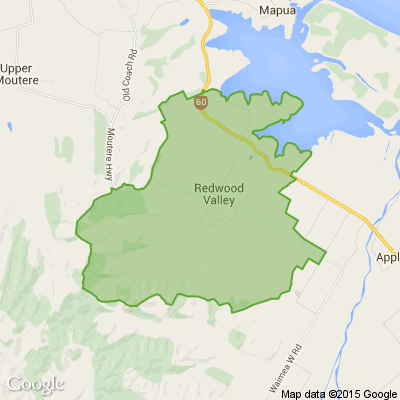




 Loading…
Loading…





